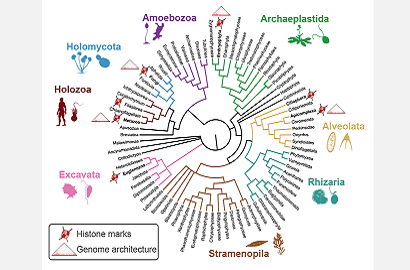Bosch factory in Madrid participates in developing industry 4.0

Research is conducted as part of a project funded by the EU Horizon 2020 programme
The Bosch sensor factory in Madrid is taking part in a programme involving a total of 20 partners to accelerate the implementation of industry 4.0 in the European Union. Part of the Automotive Electronics area in the Mobility Solutions department, the plant is studying the use of collaborative robots to prove their contribution to increasing production line efficiency by automatically supplying materials.
The innovation project involving Bosch is funded by the European Union as part of the Horizon 2020 programme and is called SHOP4CF (Smart Human Oriented Platform for Connected Factories). Along with its partners, the German company is seeking the right balance between automation, repetitive tasks and employee participation in areas of greater added value, such as adaptability, creativity and flexibility.
Optimising data use
Bosch’s plant in Madrid has almost 800 employees. With a highly connected factory model, it seeks to optimise the use of data generated in its manufacturing, material transport automation and augmented reality processes. Around 88 million acceleration, pressure and parking assist sensors are dispatched from its facilities each year andIit also manufactures electronic control units for petrol and diesel injection systems used by car manufacturers and for the spare parts market.
Several initiatives have been launched as part of SHOP4CF, such as the use of a collaborative robot to supply materials to the various production line machines. The aim is for the robot to complete this task autonomously and prevent possible production shutdowns so the operator can focus on other tasks with greater added value.
Application and validation
The robot comprises an autonomous mobile robot and a robotic arm equipped with a camera to calibrate its movements. It also has a clamp that is activated electrically from the control unit. The robot can therefore transport electronic component trays without interrupting operator tasks.
One of the advantages of the project is its application and validation in a real industrial environment that also has the benefit of vast manufacturing experience. Its ultimate goal is to create open code applications so that this type of collaborative robot can be used for daily tasks by companies, primarily SMEs.
Photo: Bosch




